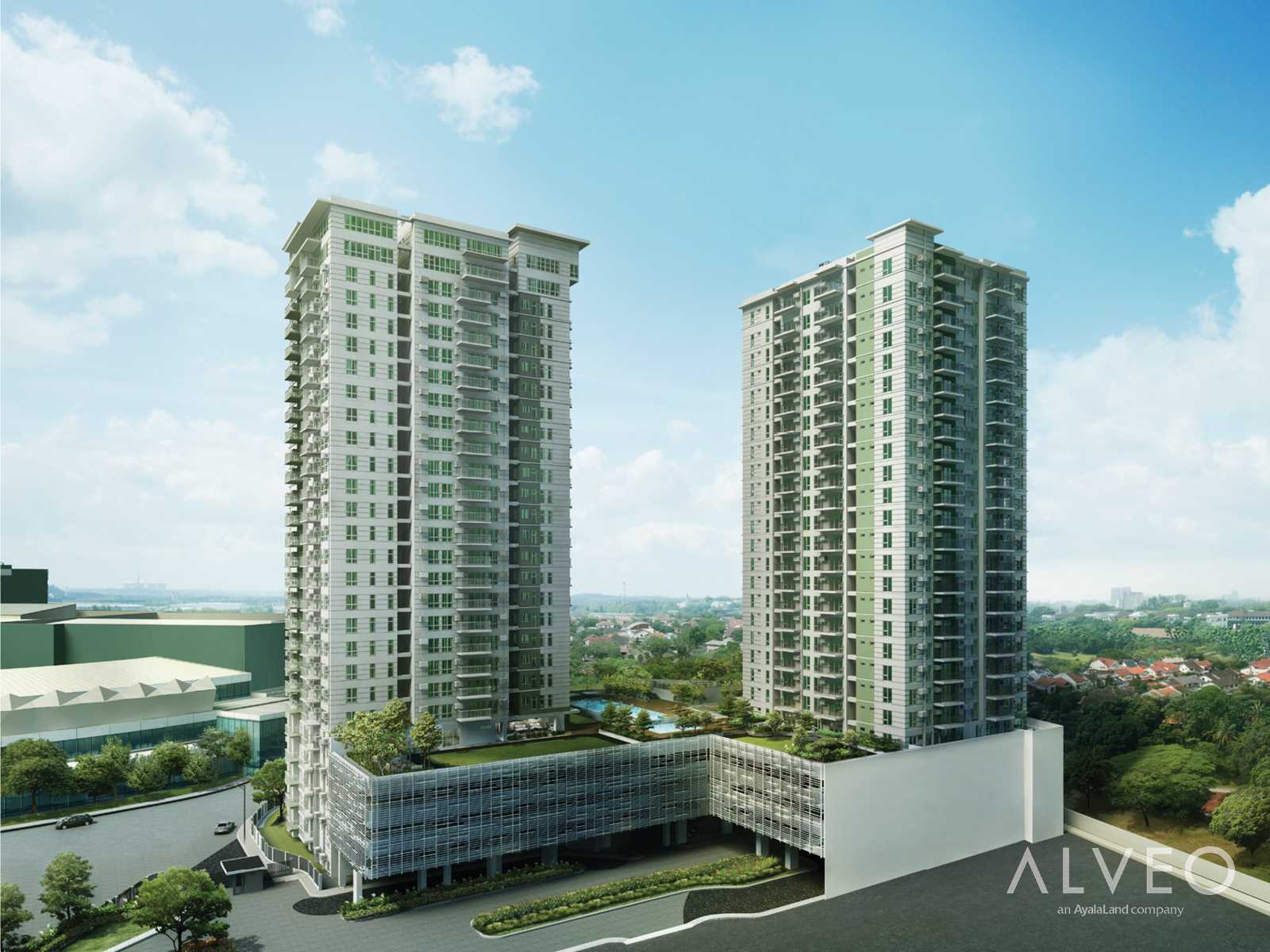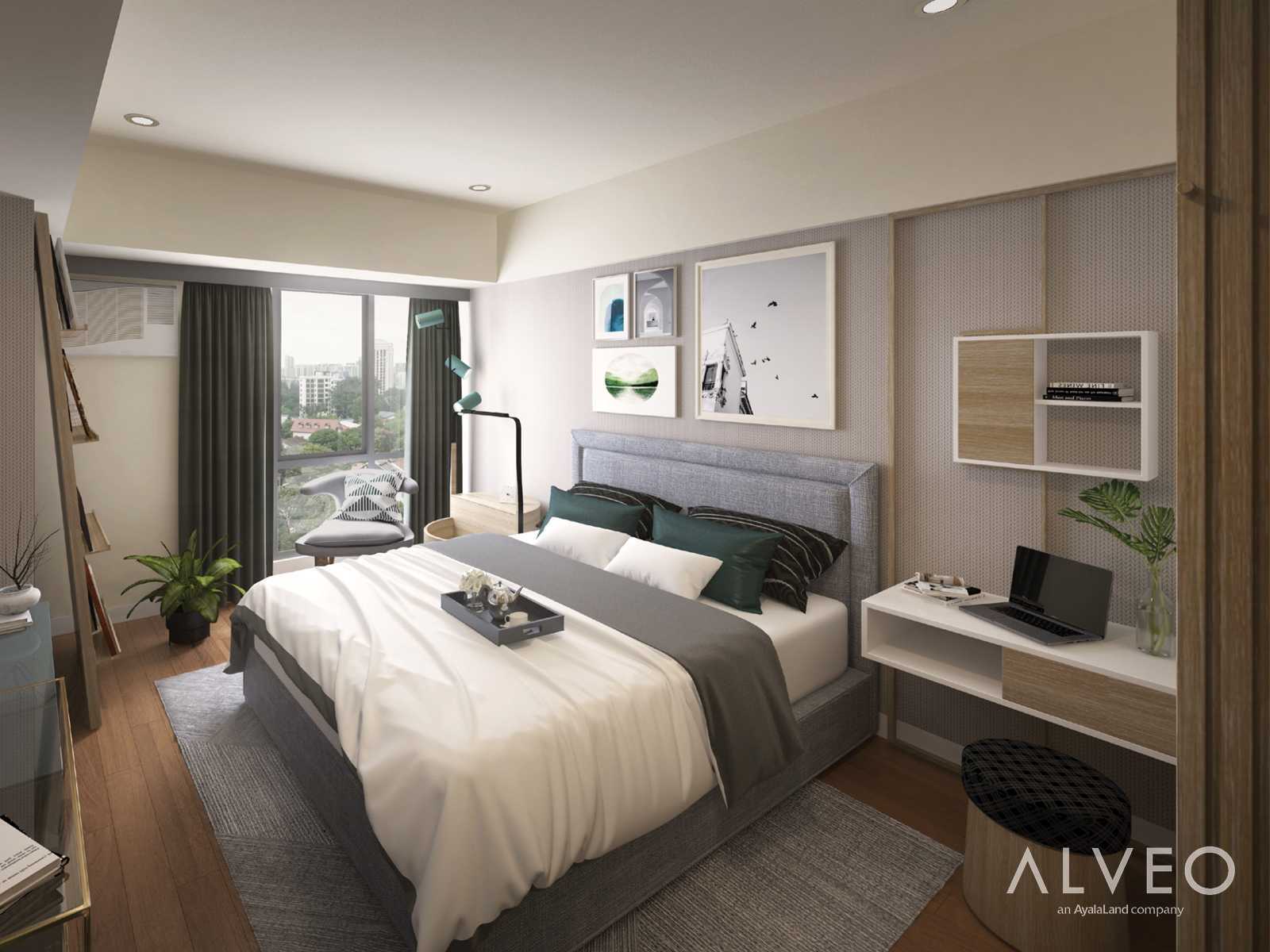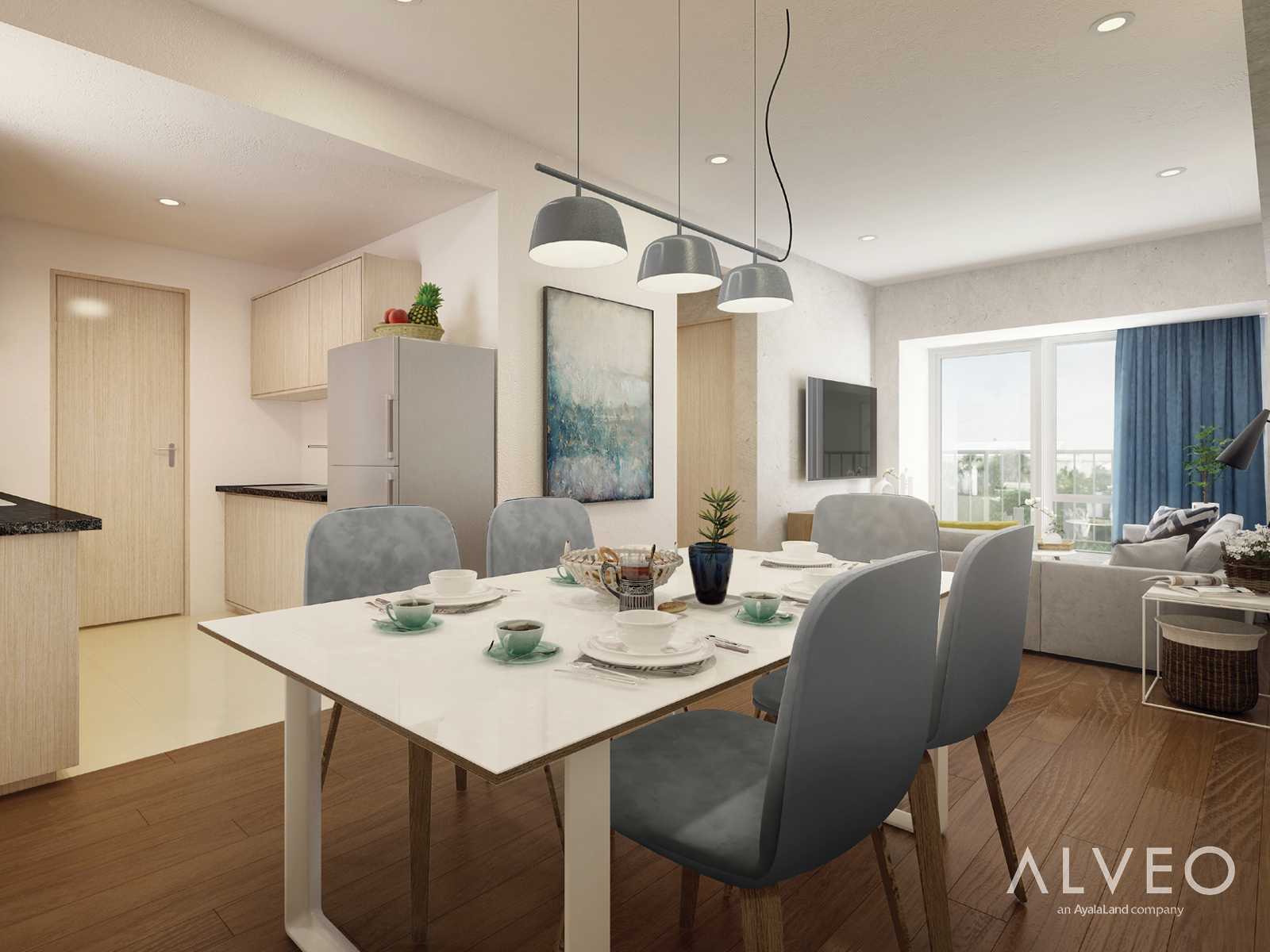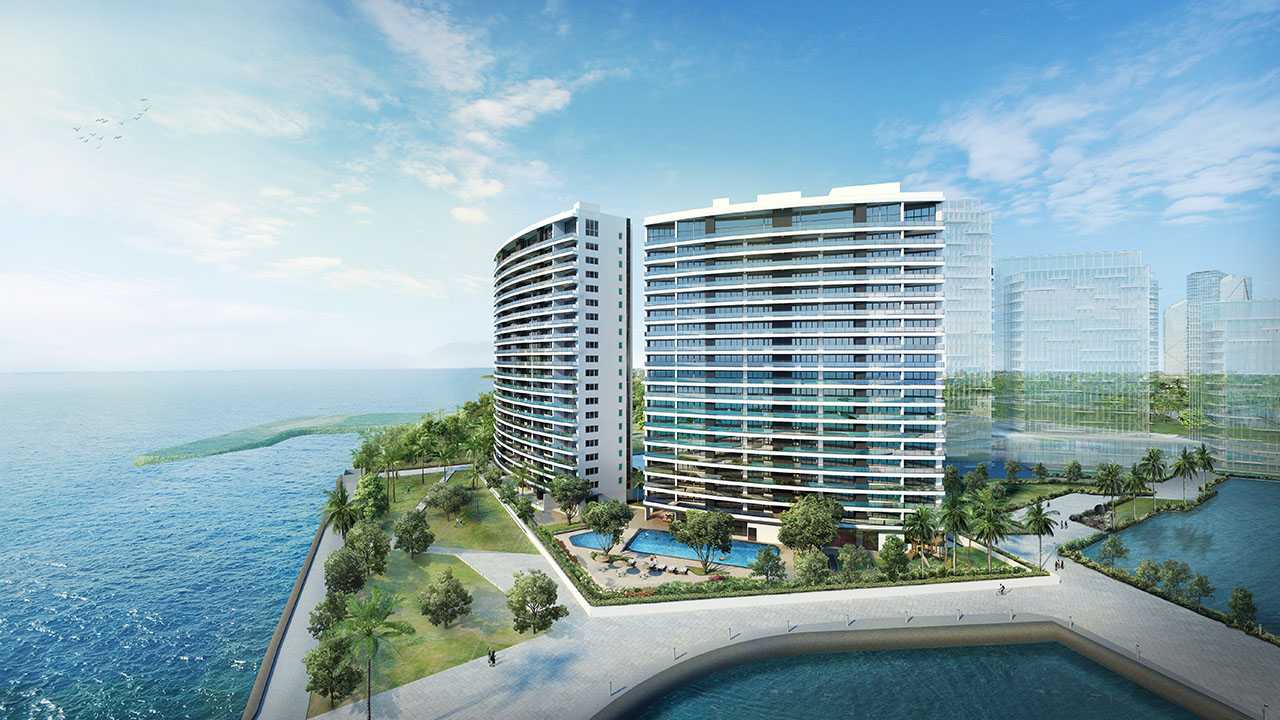List of Pre-selling Condos in Davao
Patio Suites
An urban haven at Davao’s lifestyle district, Abreeza
Location: JP Laurel Ave., Poblacion Dist., Bajada, Davao City, Davao del Sur
– No. of units: Tower 1 – 271; Tower 2 – 222
– Unit configurations: Studio, 1BR, 2BR, 3BR, 4BR
– No. of T&B: 1–2
– Floor area: approx. 26–216 sq.m
Studio unit @ Patio Suites
Approx. unit area: From 26 sq.m
2BR unit @ Patio Suites
Approx. unit area: From 81 sq.m
More condos for sale in Davao City
The Residences at Azuela Cove
Experience distinctive living experiences within an unmatched location—an incomparable waterside address
Location: Azuela Cove, J.P. Laurel Avenue corner R. Castillo Street, KM. 7 Lanang, Brgy. Vicente Hizon Sr., Buhangin District, Davao City
– No. of units: 70
– Unit configurations: Seaview Corner Suite (approx. 168 sq.m), Seaview Horizon Suite (approx. 171 sq.m), Seascape Villa (approx. 339 sq.m)
– No. of T&B: 1–3
– Floor area: approx. 181–377 sq.m
While Davao City is geographically located in Davao del Sur province, it has an independent government. Davao City is specifically situated in Metro Davao. As the center of this metropolis, the city serves as the leading residential, commercial, and industrial hub.
The city was once a Japanese colony. It was razed by a fire and rebuilt to become what it is today. Davao City has influences of Spanish, American, and Christian European.
Davao City has an urban core where the center of commerce is found. However, it is also largely rural. Ricelands and coconut groves figure prominently in the city’s topography.
With its tagline, “Life is Here,” the Davao City government prioritizes the place’s livability. To give livelihood to the locals, the government also focuses on agriculture. Being an international port, the city can ship volumes of abaca. Nearby agricultural hinterlands produce this natural fiber on their expansive abaca plantations.
At present, there are organic farming training and livestock upgrading initiatives. The local government unit aims to make Davao the Chocolate Capital of the country as well.
Facts about Davao
– Davao was initially called “Nueva Vergara,” given by Don Jose Cruz de Uyangen.
– Davao is also known as the “Durian Capital of the Philippines.”
– Davao is also called the “Crown Jewel of the South” partly because it is the wealthiest city in Mindanao.
– Davao is the largest city in the Philippines, land area-wise.
– Davao is the third most populous city, next to Quezon City and Manila.
– Davao is the most populous city in Mindanao.
– Mt. Apo, the highest mountain in the country, is found in Davao.
– Davao has a literacy rate of 98.7%; the city is the region’s center of education.
– Davao is an international port since it is near Davao Gulf. Southeast Mindanao has 50 ports.
– Because of these ports, Davao is dubbed as a coastal commercial center.
– Davao is the first to implement an emergency response system, 911.
– Davao has the highest life expectancy in the Philippines at 70 years old.
– Davao is home to the best drinking chocolate in the world. The local manufacturers pioneered the tree-to-bar method of chocolate making.
– Davao is home to “Kadayawan Festival.”
– Due to its unprecedented progress, Davao is considered one of the “10 Asian Cities of the Future.”
Reasons for living in Davao
Davao City is considered one of the most livable cities in the Philippines. It is the second most livable city after Lucena City in Quezon. Its urban livability index comprises positive ratios for four dimensions: social, physical, governance, and economic.
True enough, regretting buying a pre-selling condo in Davao is next to impossible. Davao is a model city, and below are some of the reasons for being so.
Davao City is one of the safest cities in the Philippines, if not the safest.
In the Philippines, Davao is the second safest city. Worldwide, it was the ninth safest city in 2015. Based on the ranking of a crowd-sourced global database website, the city has an 80.69 safety index and 19.31 crime index.
Davao has a 4.7 average monthly crime rate. With its 1.4 million population and an urban density of 2,400 per square kilometer, such a rate is considered the lowest in the country. Thus, Davao City is also hailed as the Most Peaceful City in Asia (East and Southeast).
High police visibility is apparent, contributing to the peacefulness of the city. No wonder it was awarded as the Philippines’ Best Police Office.
Even expatriates can vouch for the overall safety of the place. They can even walk on dark alleys at night alone without worrying that something will happen to them. There are ongoing programs against all forms of crime, including thwarting illegal drugs.
Among the expat communities, the city is lauded for its strict implementation of the laws and tight security measures.
Safety also extends to non-crime-related matters (i.e., police assistance) such as fire, medical, and other natural and man-made disasters. Davao is the first city to have an integrated emergency response system. The city government funds the service.
Davao City is also a healthy city.
The local government boasts of its smoke-free ordinances. The city is a Hall of Famer for its anti-smoking campaign, an award from the Office of the President. It won the said award in 1998, 1999, 2012, 2014, and 2015.
Biking in public is highly encouraged. The barangays are creating ordinances to promote biking as a transportation mode. As part of this, the local units ensure road safety among the biking public, including the establishment of bicycle lanes, bike registration, biker identification and education, and biker insurance.
Discussion of health would be incomplete without mentioning food. For one, Davao is home to exotic fruits such as mangosteen and durian. Organically grown produce is in abundance. After all, Davao is also known as the “Fruit Basket of the Philippines.”
People yearn for the food and the environment. Everywhere you turn, there’s greenery. While it rains most of the night throughout the year, you can still enjoy the sunshine the next day.
The cleanliness of the streets is maintained. The city has environmental laws that ensure proper waste collection and disposal and maintenance of sanitary landfills. The residents are required to segregate their garbage correctly. Davao localized the Ecological Solid Waste Management Act to suit city-wide implementation.
Davao City is child-friendly.
Davao is also awarded as one of the child-friendliest cities in the same years mentioned above. It has a Children Welfare Code that prohibits minors from traveling when their parents (or legal guardians) cannot accompany them.
The government strives to improve benefits and services extended to the young population. For one, Davao City purports to promote the children’s rights towards quality education and health services.
Davao has a high self-sufficiency level. It means the city does not rely excessively on national resources to implement these child-oriented programs.
Other than these, the city is a vanguard of protecting children and women. A part of this is the comprehensive reproductive health program to ensure that the vulnerable groups are covered by such initiative.
Davao City is a tourist haven.
The city has many places of interest, such as picturesque orchid farms, fruit plantations, virgin forests, and more to attract domestic and international tourists. Davao City perfectly blends cultural and modern traditions. For instance, eleven ethno-linguistic tribes still live the way they did centuries ago.
Having tourist arrivals every year at 2.012 million is not surprising at all. The city is dubbed as the fifth performing city financially because of its natural attractions. No wonder Davao is one of the most visited cities in the country.
Davao has a tourism program called “Experience the World in Davao,” which aims to provide tourists with unique experiences. Street themes are developed like the “Little Tokyo” in Mintal.
The government improves public parts and monuments. A related priority project is constructing public toilets and directional signages to guide the tourists, including the “You are here” map. The map features information about the distinct places.
Davao City encourages enterprising pursuits.
Apart from being an impetus for the LGU to protect tourist destinations, the industry fuels economic growth. The business-friendly city is home to several entrepreneurial ventures. There are more than 40,500 businesses that cater to the needs of both the locals and tourists.
If you are a resident, adding up to the said growth by putting up your own business is definitely welcome. At least three things support such an endeavor: a conducive business environment, dynamic economy, and responsive governance. It helps that the government is pluralist, so it takes care of all sectors, especially the business sector. Investment opportunities abound.
What makes the city even more favorable for the investors is the apparent congruence between the local leaders and the business players. Both are on the same page to bring economic abundance to the city.
Even when you intend to do business in Manila or other provinces, the city has an international airport—a critical infrastructure—that can take you anywhere in the Philippines. For one, there are daily flights to Manila and other key provinces and cities.
Davao City prioritizes infrastructure development.
The government is keen on improving its infrastructure for capacity building. Some of the projects are pedestrian underpasses and overpasses, bypass roads, and underground cabling and piping systems.
Some of these are part of the comprehensive land-use planning, aiming to maximize the utilization of the available acreage, particularly for road networks.
Davao is a highly networked city. It has a comprehensive transport management plan that prioritizes the bus systems. Traffic rules are strictly implemented as well. Ordinances such as anti-jaywalking and confiscation of road and sidewalk obstructions are in place.
Davao is not as crowded as other metropolitan areas such as Manila or Cebu. It may be the biggest city, but its population is relatively dense. Traffic congestion and other inconveniences are highly tolerable.
The people are warm and friendly.
Davaoeños are hospitable. As a tourist, you won’t get lost because Davaoeños speak English. The majority of the locals speak and understand the language.
The people are also conservative. For instance, Davaoeños are not fond of drinking alcohol. Pubs, clubs, and other party places have an early alcohol curfew, so if you love the nightlife, you might find this place boring compared with nightlife in Cebu or Bacolod.
Davao City is geared towards lifelong residency.
Despite screaming progress in various parts of the city, still, it is the best place to retire. People feel safe here, and they enjoy the perks and privileges of living in Davao City.
With its mantra comes the promise of a place that encourages “invest, live, and play.” It is indeed a promise of high quality of life, which is also why Davao is the preferred choice for permanent pursuits.
There are no sacrifices whatsoever, affording residents with rural pleasures along with urban amenities. Cosmopolitan living is possible within and near the urban core, and yet, in the suburban areas, the magnificence of the great outdoors awaits.
Davao City has a low cost of living.
Experiencing the ideal quality of life does not come with a hefty price tag.
Davao affords its people the same amenities that one could find in more prominent or more advanced cities such as Baguio or Quezon City. Nonetheless, the prices of commodities and services are much lower here.
With conveniences in mind, you and your family can surely live comfortably—luxuriously even—for a third of the prices that you would have spent otherwise when living in Metro Manila, for instance. It’s the same lifestyle but only cheaper.
Thus, if you are looking to relocate by buying a pre-selling condo, Davao City is the perfect place. Beyond a visit, the city is a permanent residence and retirement option for several reasons: extensive investment opportunities, numerous leisurely pursuits, and low cost of living.
However, it was the city’s relaxed atmosphere that attracted the people to live here. It is perfect for those seeking a place with a slower pace and can provide all the conveniences found in metropolitan areas.











